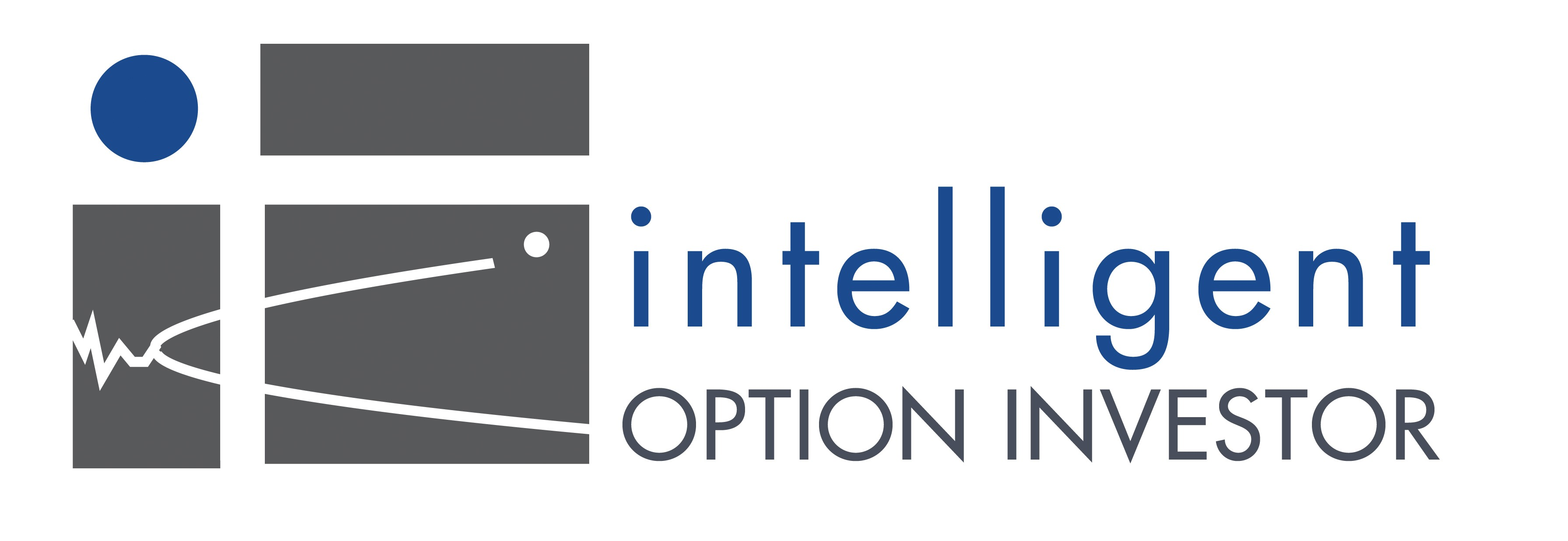How can you tell if a great investor is really great or just lucky? While determining investor skill might seem like a matter of black and white, more often, people conflate ability (or lack thereof) with random happenstance and come to the wrong conclusion. Why do we do this? Because we tend to spend too much time concentrating on the wrong thing — the outcome — when we should be focused on something else entirely — the process.
This is the argument made by fund manager and Bloomberg View contributor Barry Ritholtz in this article. In Barry’s own words…
Ironically, investors as a group have a tendency to attribute their own successes to the skill and insight they possess; at the same time, any losing investments are blamed on bad luck. That’s outcome focus married to ego, and it’s not how you make money in the markets over the long term.
Barry’s take — and mine as well — is that one should retain laser focus on how one is making decisions and on improving that process as a way to improve outcomes in the long-run:
The key to becoming more process focused is to understand that good outcomes follow good processes. Without understanding the underlying process, good outcomes could just as likely be due to blind luck as to skill.
His focus on process is reminiscent of the focus on a repeatable, scientific method for valuing companies we teach in IOI 101, and his emphasis on behavioral factors could be pulled from one of our IOI 102 lectures:
Why are we so easily fooled by random outcomes? The pattern recognition subroutine in your brains evolved to identify threats. That shadow in the tall grass might be a predator waiting to make you its lunch. Hence, generating false positives means that you might be wrong 99 of 100 times, but on the savanna [sic], that 100th event saves your life.
Investing skillfully is a difficult task. It requires a person to make consistently good decisions about where to allocate capital and how much of it to allocate. Investing willy-nilly might randomly yield a positive result or two thanks to randomness and market “drift,” but consistently making good decisions over time involves improving our process for assessing investments and finding an objective method for judging success.
Improve Your Investing Process! Contact Us!
